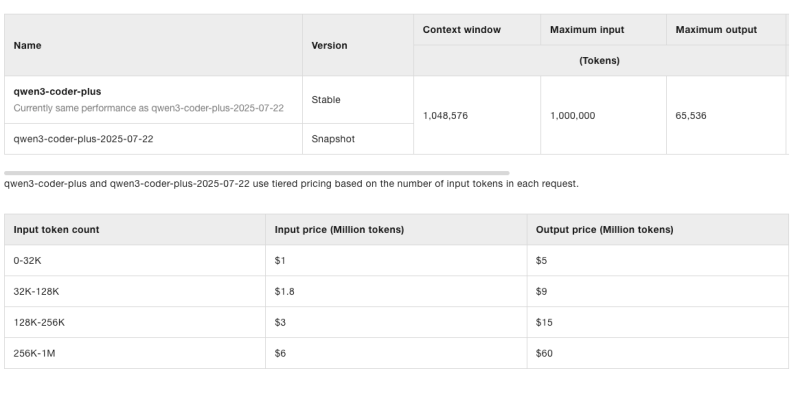
Motor racing, a sport known for flashy, petrol-guzzling racecars speeding at hundreds of kilometers per hour across twisting asphalt tracks, hasn’t been a pastime known for sustainability. Formula 1 is trying to change that.
Often referred to as “the pinnacle of motorsport,” the racecar organization, which hosts an annual championship featuring the best drivers in the world, has seen its carbon emissions drop 26% since 2018. At the end of the 2024 season, the sport’s carbon footprint fell to 168,720 tonnes of carbon dioxide equivalent from 228,793.
F1 said in a statement on Wednesday that it’s halfway toward achieving its minimum 50% reduction target, as set out in its “net zero by 2030” commitment.
“It’s a key milestone and the culmination of a lot of work,” said Ellen Jones, head of environmental, social and governance at F1, in an interview. “We’ve changed the way we operate, changed the way we work” with the racing teams and promoters, as well Formula 1’s management and regulator, she said.
A major factor in the reductions has been a years-long shift to renewable energy, Jones said. Investment in sustainable aviation fuel for travel and freight use, and other alternative energy sources, including solar and biofuels, contributed to the decline. Next year, F1 has set a target for the cars to have new hybrid engines and be powered entirely by advanced sustainable fuel.
“We’re not only changing what we’re doing materially, we’re also changing the technologies,” Jones said.
The sport has achieved carbon reductions across the four major categories that it tracks: factories and facilities, down 59% since 2018; logistics, down 9%; event operations, down 12% on a per-race basis; and travel, down 25%.
An increase in using remote operations and changes to the race schedule also have resulted in lower greenhouse gas emissions. Having remote broadcast operations has allowed about 140 personnel to avoid having to travel to the race location each weekend. And changing the date of the Japanese Grand Prix to align with other races last year in the Asia-Pacific region also contributed to lower emissions. In 2026, the date of the Monaco Grand Prix will be moved to align with other European events and eliminate an additional transatlantic crossing.
F1 said its climate commitment is “set in accordance with the science” from the Intergovernmental Panel on Climate Change and aligns with the panel’s definition of net zero emissions. The racing series’ goal is to reduce absolute emissions by a minimum of 50% from a 2018 baseline, which was calculated using guidance set by the Greenhouse Gas Protocol.
F1 has faced criticism from activists who say the sport is harmful to the environment. In 2022, demonstrators with Just Stop Oil sat on the track during the 2022 British Grand Prix, disrupting the race. The construction of Madrid’s Grand Prix street circuit also has prompted backlash.
The Brazilian leg of the F1 schedule takes place in November, days before the 2025 United Nations Climate Change Conference, which will be hosted in the South American country.
To contact the authors of this story:
Olivia Raimonde in New York at [email protected]
Alastair Marsh in London at [email protected]
WHAT DO YOU THINK?
Generated by readers, the comments included herein do not reflect the views and opinions of Rigzone. All comments are subject to editorial review. Off-topic, inappropriate or insulting comments will be removed.





















